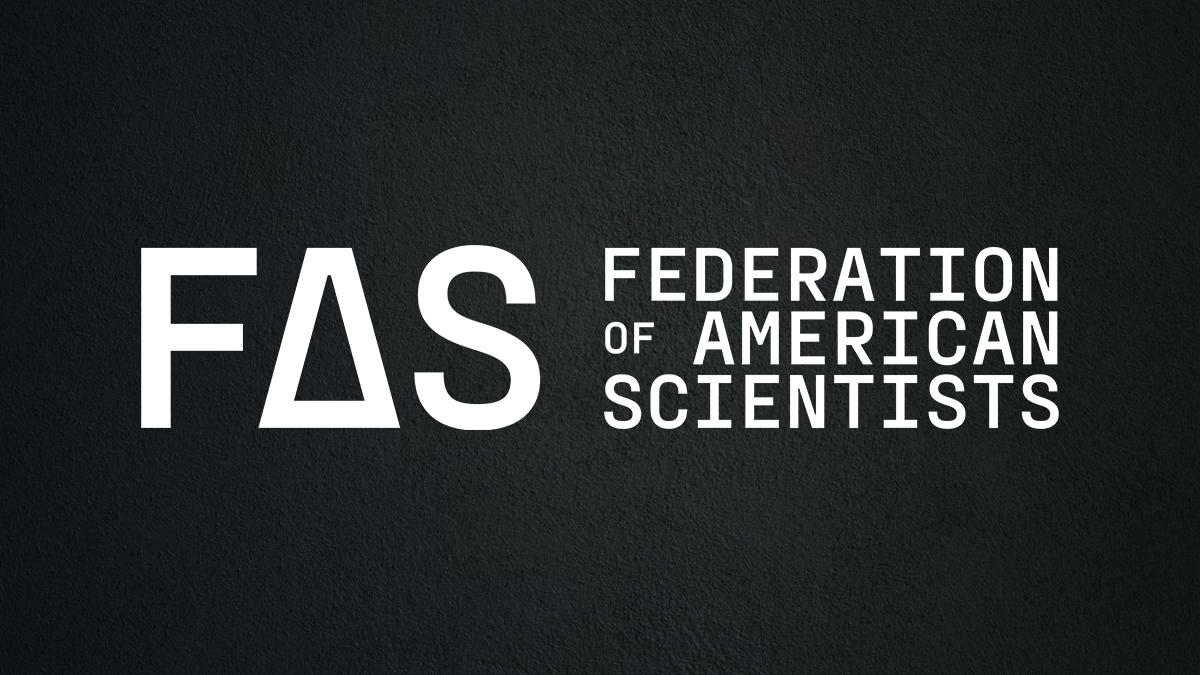
Federation of American Scientists Announces Food Supply Chain Impact Fellowship to Amplify Food System Policy Priorities
Fellows will focus on the development and implementation of innovative approaches to improve competition in the nation’s food supply chain
Washington, D.C. – The Federation of American Scientists (FAS) today announced a call for applications to the Food Supply Chain Impact Fellowship, designed to improve the nation’s small- and mid-size food businesses. The FAS Impact Fellowship program provides a pathway for diverse food systems and supply chain experts to participate in an impactful, short-term “tour of service” in the federal government.
The Food Supply Chain Impact Fellowship is a new fellowship opportunity administered by the FAS Talent Hub. FAS will place two cohorts of fellows at USDA to work on critical food supply chain issues. Fellows will develop and implement plans to support the Regional Rood Business Centers, the Resilient Food Systems Infrastructure program, and other food system transformation priorities.
At FAS fellows will participate in deep-dives into executive and legislative systems and unique USDA-specific sessions led by food system experts. Fellows will also receive training on how to lead change as a partner with the Federal government that includes an introduction of government programs and innovative practices.
Impact Fellows help ensure that on-the-ground skills and experience are inextricably linked with policymaking as our nation confronts unprecedented challenges and pursues ambitious opportunities.
Interested parties are encouraged to apply at https://fas.org/talent-hub/fscfi/
ABOUT FAS
The Federation of American Scientists (FAS) works to advance progress on a broad suite of contemporary issues where science, technology, and innovation policy can deliver dramatic progress, and seeks to ensure that scientific and technical expertise have a seat at the policymaking table. Established in 1946 by scientists in response to the atomic bomb, FAS continues to work on behalf of a safer, more equitable, and more peaceful world. More information at fas.org.
###
January brought a jolt of game-changing national political events and government funding brinksmanship. If Washington, D.C.’s new year resolution was for less drama in 2026, it’s failed already.
We’re launching a national series of digital service retrospectives to capture hard-won lessons, surface what worked, be clear-eyed about what didn’t, and bring digital service experts together to imagine next-generation models for digital government.
How DOE can emerge from political upheaval achieve the real-world change needed to address the interlocking crises of energy affordability, U.S. competitiveness, and climate change.
As Congress begins the FY27 appropriations process this month, congress members should turn their eyes towards rebuilding DOE’s programs and strengthening U.S. energy innovation and reindustrialization.